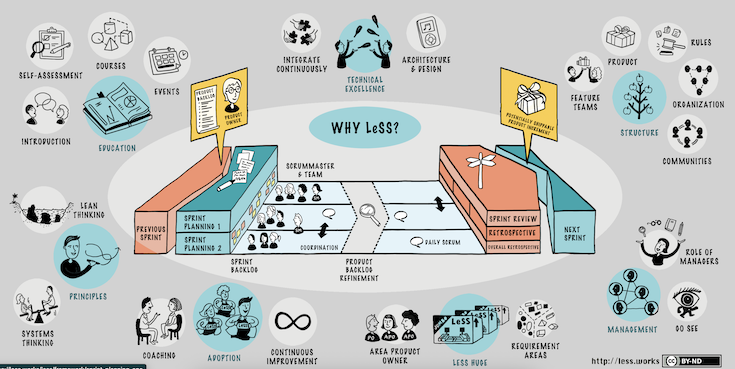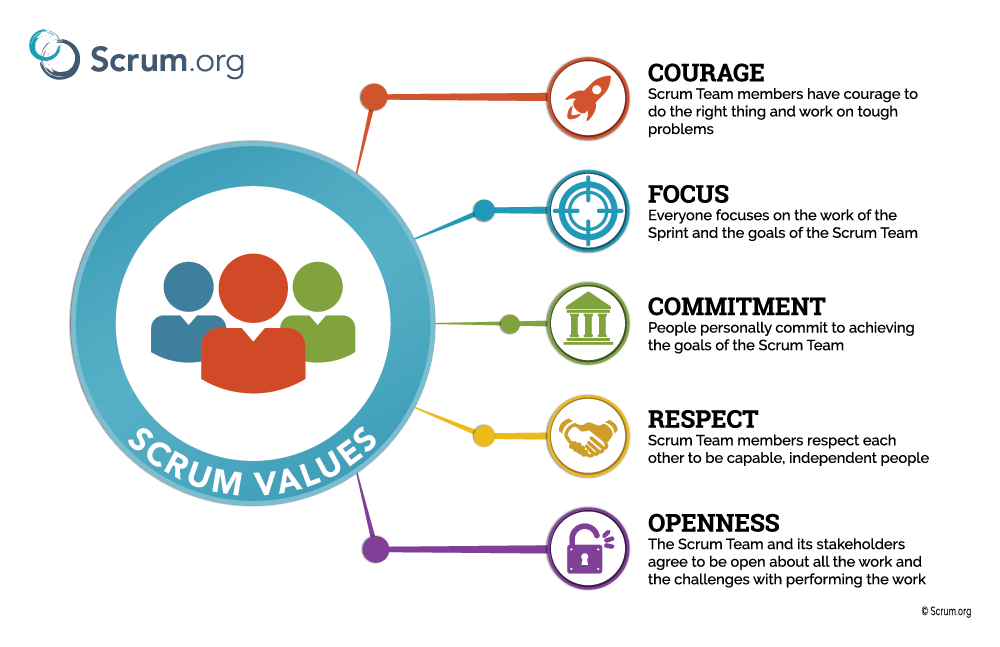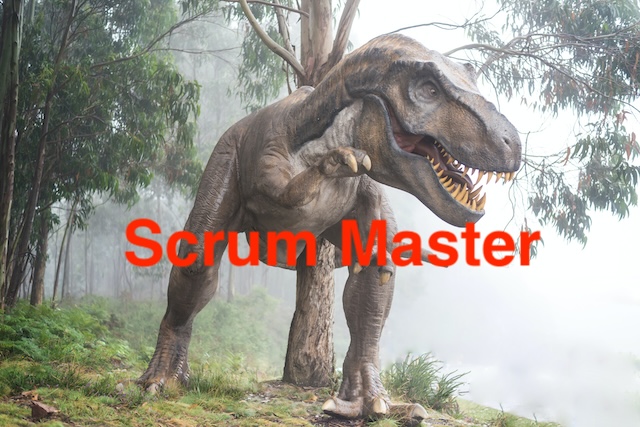I spent the better part of 3 days last week in a Certified LESS practitioner course with the awesome Bas Vodde, one of the creators of the LESS framework. I had so many ah-ha moments, and this is my attempt to document some of the key learning moments for me over the course of the 3-day course. These are my notes, and there is a lot more context that might help you as a reader.
Each day presents something new to learn.
These blogposts are my opinions from reflections on topics relating to my current area of interest - Enterprise Agility, Leadership, Entreprenuership, Personal Development and Complexities of Africa.
“Scrum would never work for us here.”
It’s a phrase I’ve heard countless times, and it often reflects a deeper resistance to change or a misunderstanding of what Scrum truly is. While it’s true that Scrum isn’t a one-size-fits-all solution, it’s an incredibly powerful framework for teams focused on product delivery. When implemented correctly, Scrum can transform how teams work, prioritise, and deliver value.
So, why do so many teams struggle with Scrum?
Product teams are under increasing pressure to deliver value that delight their customers, and proactively respond to changing market conditions. However, this will only be achieved when teams work effectively together toward common goals within a culture of trust and collaboration. While I wouldn’t recommend the Scrum Framework for all teams; I believe that the Scrum Value lays a solid foundation for building the required culture of trust and collaboration.
I often get attendees at our Scrum Training ask me for my preferred format for a Daily Scrum. I don’t know that I have a preferred format, but definitely not “What I did yesterday, what I plan to do today and discussion about Blockers”. However, if I can get you to reflect on the purpose of the Scrum Guide:
… to inspect progress toward the Sprint Goal and adapt the Sprint Backlog as necessary, adjusting the upcoming planned work.
Most Teams that regularly run a Sprint Retrospective use the dreaded quadrant, What worked well, What Didn’t work Well, Ideas and Actions (and variants of this quadrants). I am sure your team has used this format many times. I coach Scrum Masters and their team to always prepare for Sprint Retrospective, and part of planning is observing the team all through the Sprint and experiment with different formats for running the Sprint Retrospective.
I was invited to a meeting titled “Let’s hang and code”; it was for 2hrs and out of curiosity, I attended.
This meeting was an idea by the Tech Lead of a startup that I am currently working with. This is a startup where the entire team works remotely and the purpose, I learnt was to foster relationships between the team members and support people who might need help with the task they have picked up for the current sprint.
You assign tasks to subordinates and chase up for updates as soon as you feel they should have been done. Regardless of what your subordinates are currently doing, you believe they should be working on something else. You have just assigned task to a subordinate and immediately you follow up with instructions on how they should be doing it. You are so bothered about how they spend their time; and you just need to ensure that they have enough work for 40 hours a week, that’s what their contracts says anyways.
Within a Scrum Team, there are no sub-teams or hierarchies. Scrum Guide, 2020 An autonomous and self-managing team thrives when hierarchies take a backseat, allowing Scrum accountabilities to drive the ways of working. While organizational hierarchies persist, especially during the formation of Scrum Teams, it’s crucial to discuss privileges and their impact on a team’s ability to self-manage.
Privilege is when you think that something’s not a problem because it’s not a problem for you personally… David Gaider Hierarchical Privilege: This explicit form of privilege arises when a Scrum Team comprises employees with varying levels of seniority.
With the recent news about Scrum Masters and Agile Coaches being laid off in organizations, the question that comes to mind is whether we are at the end of the road with regard to these roles that have in the past focused on building agile capabilities in organizations on a full time basis.
My opinion is that organizations will continue to have a need for people focused on helping teams to continuously improve their ways of working, improving team and organizational effectiveness.
Increasingly, I encounter developers who don’t seem to enjoy using the Scrum Framework to deliver software, and this is a cause for concern because I have fond memories from my days as a developer working on a Scrum Team. I relished the collaborative atmosphere within the team, where everyone supported each other in development, testing, deployment, and held a shared sense of accountability.
However, nowadays, I hear developers express their discontent with Scrum for various reasons, including:










